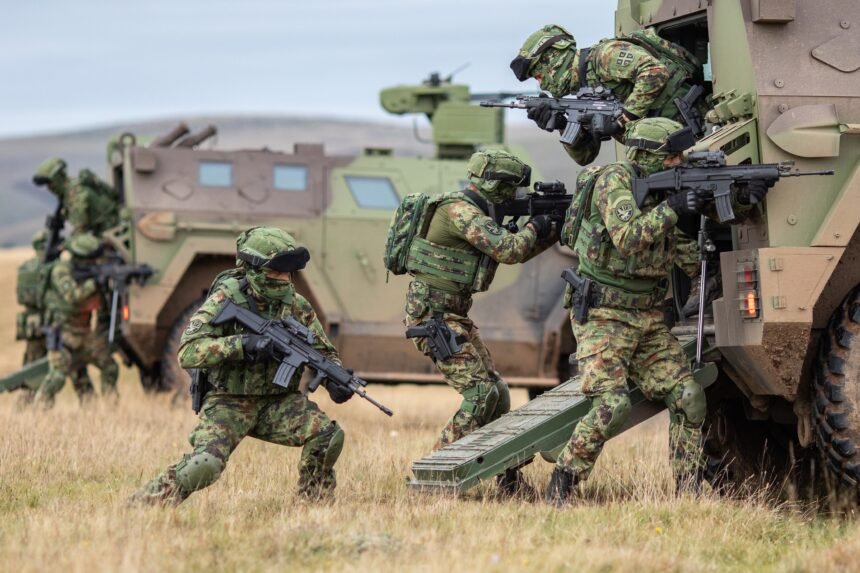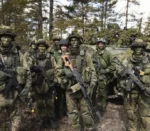The Serbian National Assembly is currently considering amendments to the Army Law, sparking significant debate. While some changes aim to improve the social status of professional soldiers, critics warn that the amendments also formalize the President as the supreme commander, raising concerns about increased political control over the military.
Jelena Pejić Nikić, from the Belgrade Center for Security Policy, notes that the public’s apprehension is justified: the amendments could strengthen political oversight of the armed forces.
“The President already has significant powers. ‘Supreme Commander’ is more of a narrative than a formal title, yet he commands the army, can decide on mobilization, and deploy troops upon the request of other authorities. If he already holds these powers, why is this amendment necessary?” Pejić Nikić questions.
The concern lies in micromanagement by the President, as the amendments are framed as minor clarifications intended to attract new recruits and improve soldiers’ conditions. Pejić Nikić points out that the law would enable the President to set frameworks and make decisions that could bypass the operational command of the General Staff, potentially allowing military leaders to distance themselves from controversial decisions by claiming they were merely following orders.
She emphasizes that civilian oversight is a fundamental principle of democracy, designed to prevent the military from wielding excessive influence in society.
“All of this must be viewed in the context of the current political situation. Serbia has had a fully centralized government for 13 years. This amendment raises concerns because it opens the door for increased political control at lower levels of the military, while other oversight institutions are failing to act,” Pejić Nikić explained.
The government reportedly intends to fast-track the law, arguing that it addresses long-standing personnel issues within the military. Pejić Nikić criticizes this approach, highlighting that the law contains numerous other provisions that make it difficult for the public to read, analyze, and challenge potentially harmful amendments.
The law, approved by the Serbian Government on November 20, 2025, would officially designate the President of Serbia as the supreme commander of the armed forces, marking a significant shift in the formal relationship between the civilian leadership and the military.







